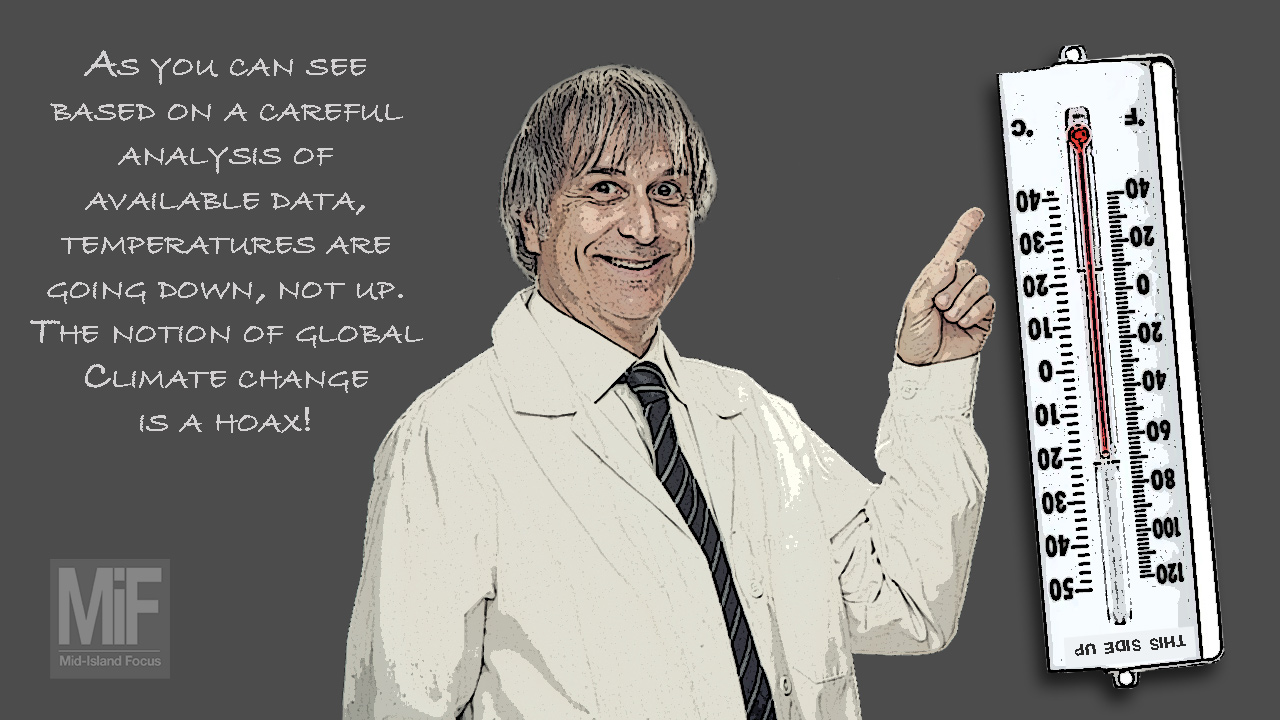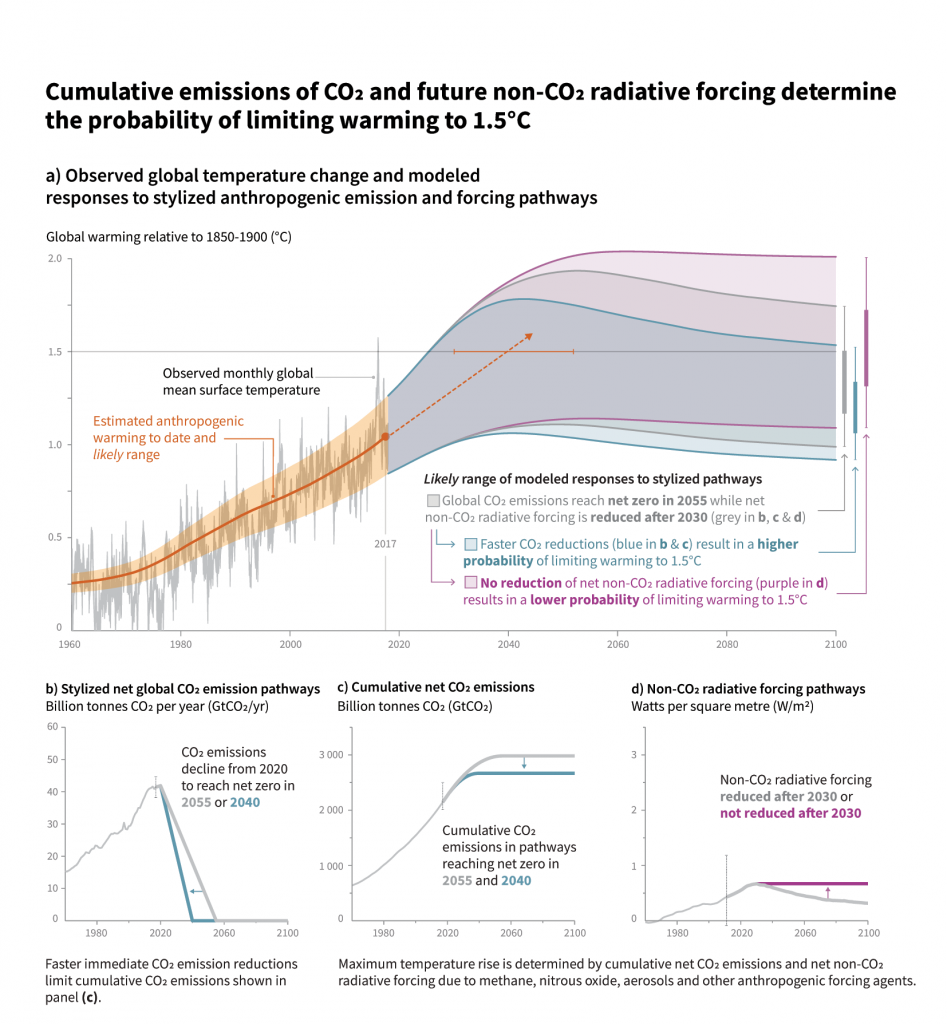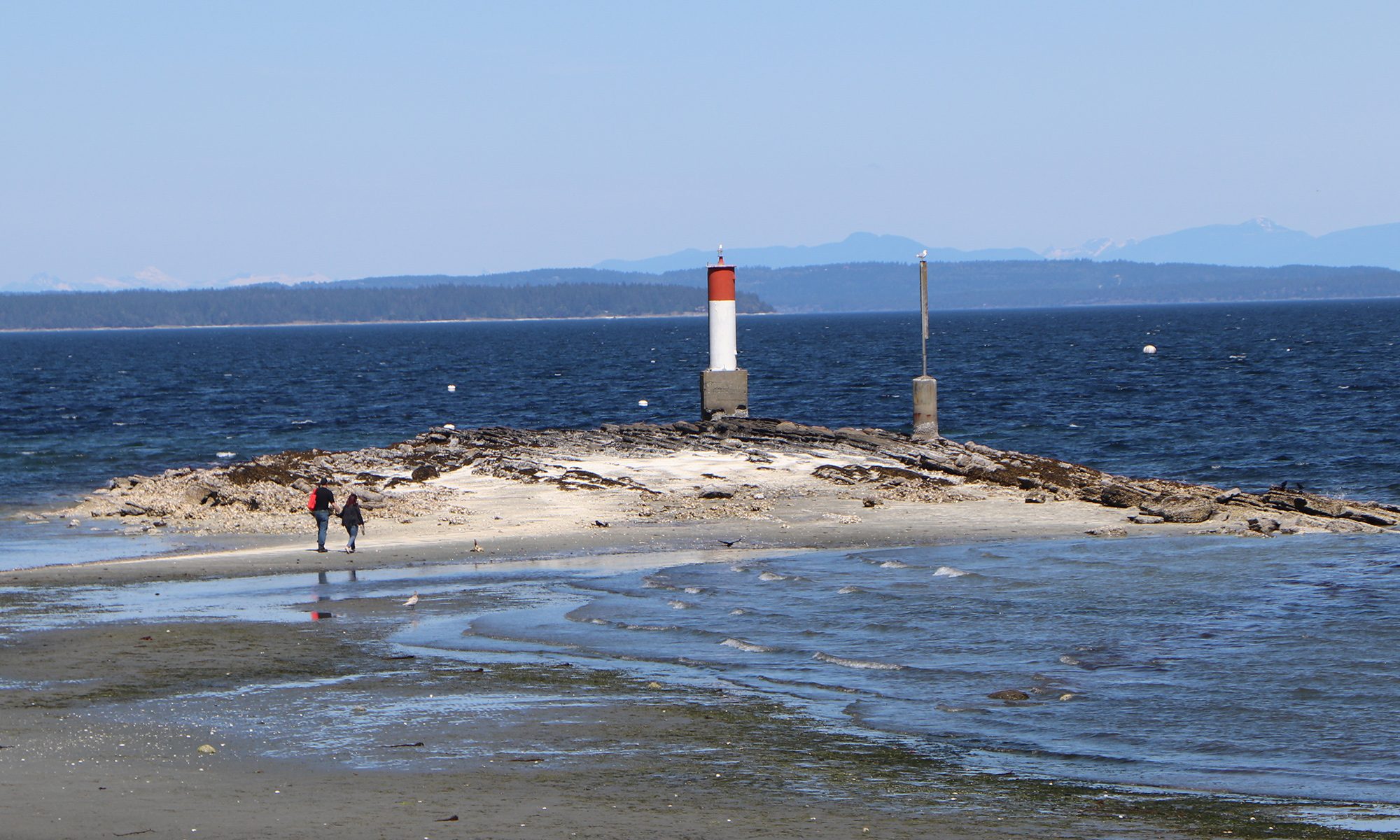
When are we going leave the climate change deniers behind, and start taking serious action on what should be the most urgent file on the desk of every government on earth?
When, to put it another way, can we put commentary from the folks who don’t think there’s a problem in the same category as we would arguments from the Flat Earth Society?
I say this after having read a CBC post under the heading, Recent warming over the past 100 years is not part of a natural process, studies find. Thanks for that, but I don’t need any more proof that climate change is a real and present threat, it’s happening as I type, it’s human caused, and it requires urgent action at every level.
That local governments, including The City of Duncan and The Municipality of North Cowichan, are responding to the crisis is a good sign (as reported in onecowichan.ca). We need more good signs at a higher level, and to insist on clear commitments from federal politicians vying for our votes Oct. 21.
The International Panel on Climate Change has given us 12 years to effect the massive transformations that need to be made to avoid the most catastrophic consequences of global warming; that global warming is already happening, and that it’s due to human activity is not a question that can seriously be asked.
Says the IPCC report, in its level headed language: Human activities are estimated to have caused approximately 1.0°C of global warming above pre-industrial levels, with a likely range of 0.8°C to 1.2°C. Global warming is likely to reach 1.5°C between 2030 and 2052 if it continues to increase at the current rate. (high confidence)
Here’s the graph:

Leave the climate change deniers to their convoluted, dangerous logic, and let’s get on with concerted action to stop global warming – as has been agreed to in the 2016 Paris Climate Accord. We can’t afford to squabble anymore about the urgency of the situation.
The flat earther’s can go around proving their theories from now to eternity, and nobody’s really going to get hurt. No matter how far they wander in their zany speculations, no-one is going to actually fall off the edge. Climate change deniers, on the other hand, are preventing us from facing up to the greatest crisis that has ever faced civilization, and being innovators in the new economy that has to emerge, if we are going to avoid disaster.
Craig Spence, Editor
INTERESTING NEWS FOR INTERESTED MID-ISLAND READERS
You can sign up for the MiF newsletter, follow MiF on social media, or contact MiF directly by email or phone from our Connect page.




